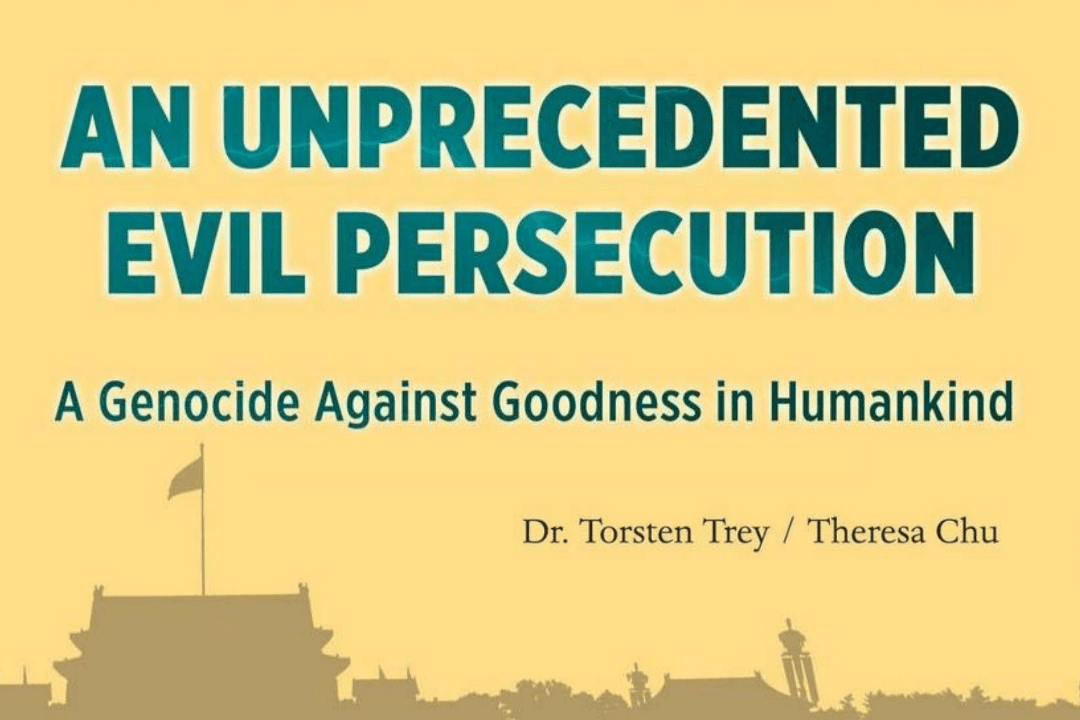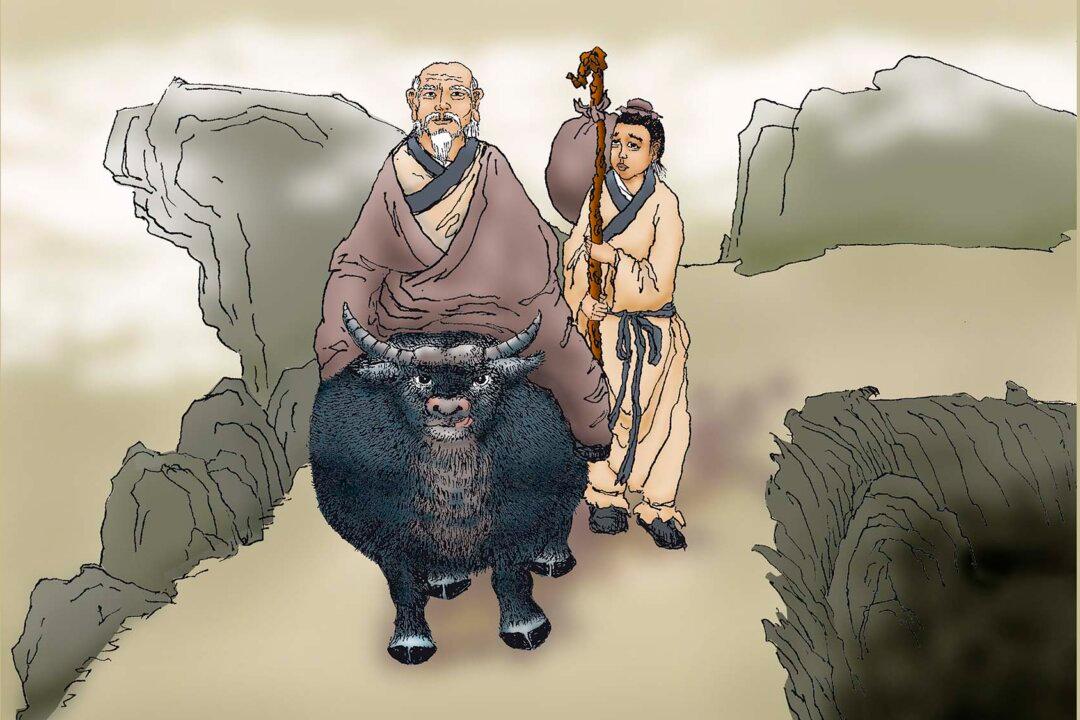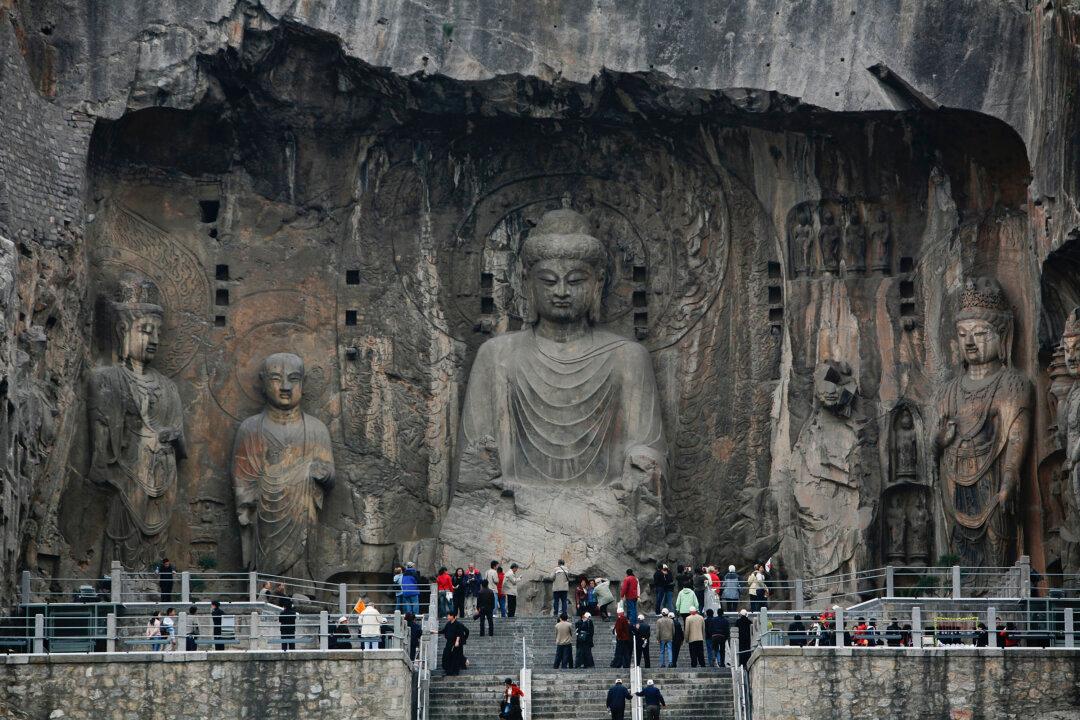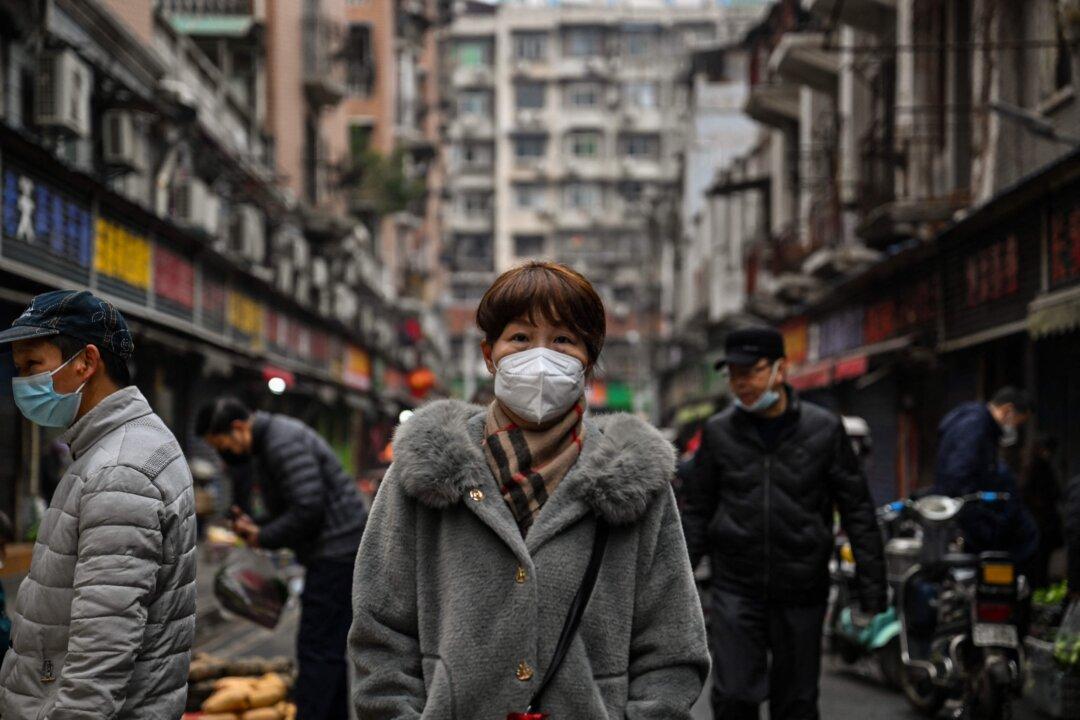The Epoch Times is proud to republish “An Unprecedented Evil Persecution: a Genocide Against Goodness in Humankind” (eds. Dr. Torsten Trey and Theresa Chu. 2016. Clear Insight Publishing). The book helps with the understanding of forced organ harvesting in China by explaining the root cause behind this atrocity: the genocide committed by the Chinese regime against Falun Gong practitioners.
On July 29, 2014, Xinhua News Agency, the propaganda outlet of the Chinese Communist Party (CCP), published a news brief that would inevitably capture the world’s attention: Zhou Yongkang, former member of the Politburo Standing Committee and Secretary of the Central Politics and Law Committee, was under investigation for alleged serious discipline violations. Zhou is the most senior official being investigated on corruption charges since the CCP established its regime 60 years ago.





